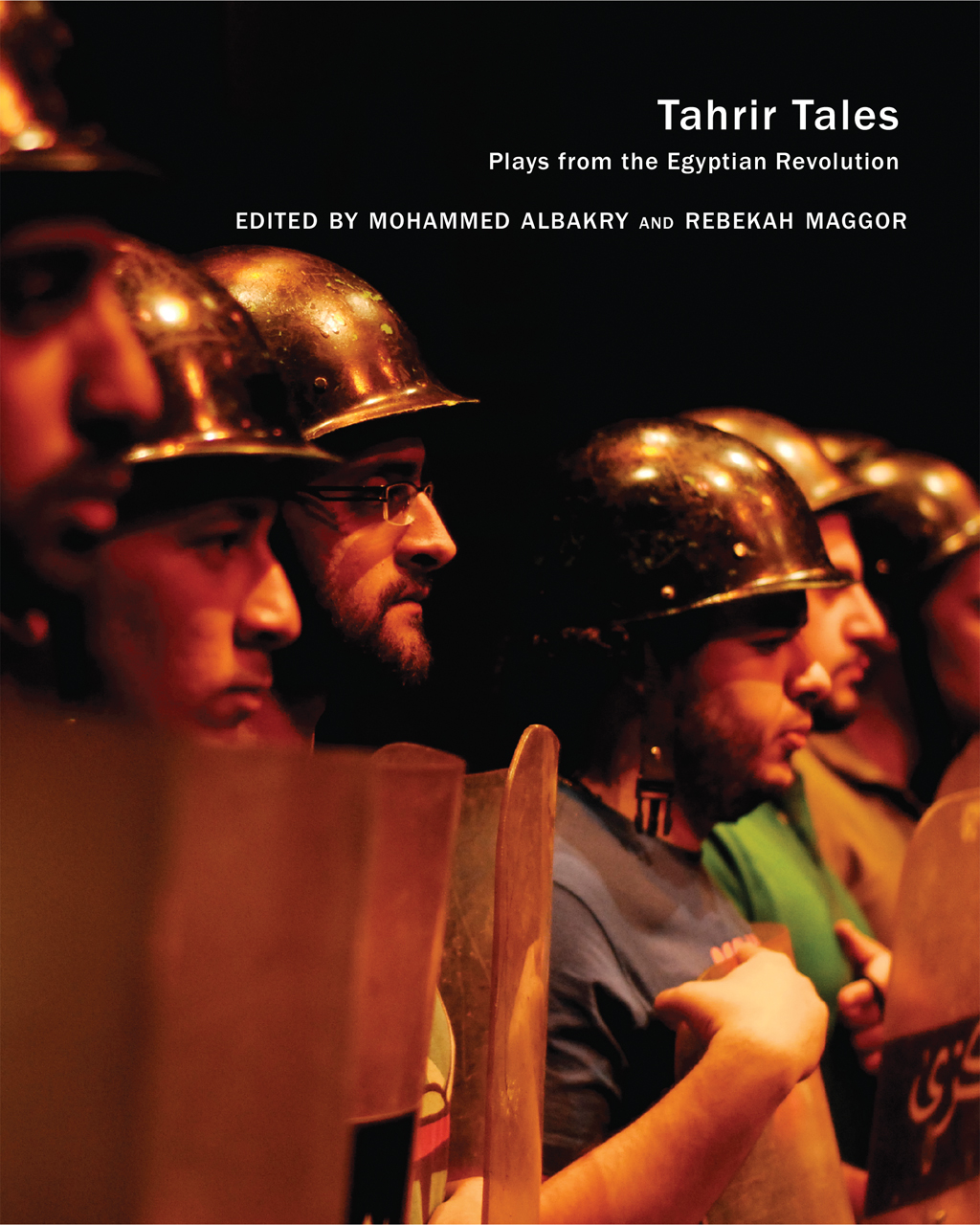-What is your academic background and what is your current position in UCHI/at UConn/Your Home Institution?
I am a PhD candidate in Italian Literature and Cultural Studies at the University of Connecticut, and a dissertation fellow at UCHI. I received my MA in Italian from UConn and my BA in Foreign Languages and Literatures, with a major in American Studies and a minor in German, from the University of Florence, Italy.
-What is the project you’re currently working on?
I am currently writing my PhD dissertation entitled The Sale of Parga in 19th Century Italian Imagery:1815-1856. In my dissertation, I examine the impact of an episode of the Greek War of Independence – the sale of the Greek city of Parga to the Ottoman Turks by the English government in 1819 – on the cultural work of Romantic Italian intellectuals and artists. I place the sale of Parga at the intersection of cultural, political, and historical discourses, and argue that this minor historical event is a prism to chart the major leading forces, tensions, and ideas that coalesced in the formation of Italian cultural nationalism. With this research project, I intend to extend the boundaries of the Italian national movement – also known as Risorgimento – to another national cause (the Greek one) and, by implication, to the larger European geo-political and geo-cultural space, thus shedding light on the transnational aspects of 19th century Italian nationalist culture.
-How did you arrive at this topic?
The idea of this project is a shared effort between my advisor, Professor Norma Bouchard, and myself. We were discussing possible topics for my dissertation and I expressed my desire to work on 19th century Italian literature. She suggested that I start by studying what has been defined as “the new historiography of the Risorgimento,” which has re-conceptualized the Italian national movement in transnational terms. The concept of transnationalism fascinated me, and I found particularly stimulating the idea of applying a new theoretical perspective to a topic that, at least in Italy, has been canonized as a foundational moment in the formation of the Italian nation and national identity. We identified in the cession of Parga a case study to analyze Risorgimento literature from this new perspective, thus contributing to the on-going research in this field.
-What impact might your work have on a larger public understanding of your topic?
My hopes for this research are to reach scholars of the Risorgimento both in Europe and the US, who are engaged in questions of nations and national identity, Mediterranean studies, transnationalism, and their intersection with personal and collective emotional concerns. The Italian Risorgimento will continue to stimulate a remarkable critical dialogue among scholars, for its peculiar intersection of a number of fields of research relevant to the humanities, such as history, politics, literature, visual arts, social sciences, ethics, and religion. This research project, in particular, due to its interdisciplinary nature that calls forth the core of the humanities and discusses some universal principles, such as nationality, freedom, and political hospitality, could represent a case study to further investigate the development of a Mediterranean identity in the modern era. This issue is particularly relevant to contemporary Italy – and Europe – due to the massive waves of migrants reaching the shores of Italy every day. As a consequence of this phenomenon, contemporary Italy is struggling to redefine and rethink that concept of Italianness created by the intellectuals who promoted the national movement at the beginning of the 19th century.








